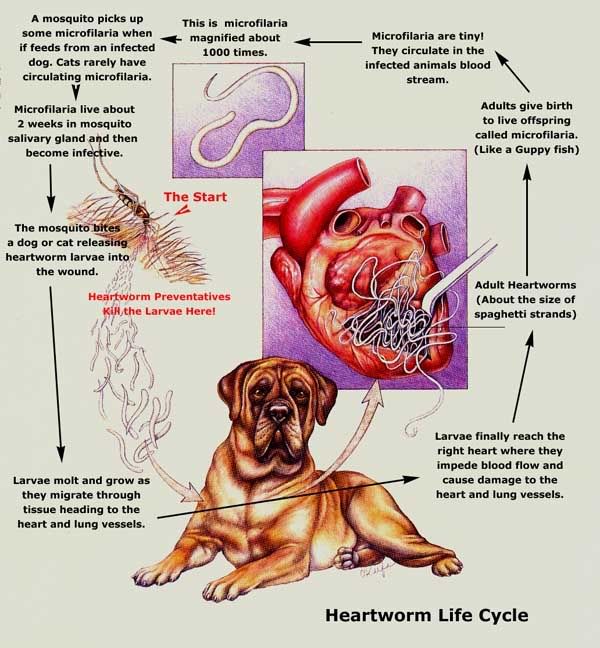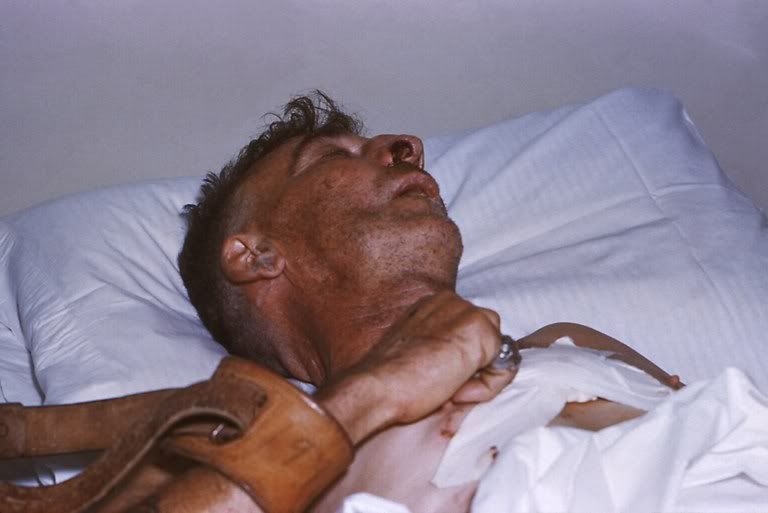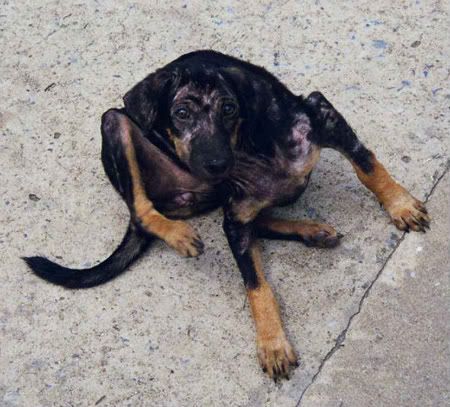My dictionary of Singapore online Pet/s storesi
PetsOnline -
http://www.ipetsonline.com/ACRA/AVA-registered :
No InformationCategory :
All pets items / GeneralGrooming Service availablility :
No InformationPet Taxi Availability :
No InformationCustomer Service Rating :
UnknownProduct Quality Rating :
UnknownDoggyfriend -
http://www.doggyfriend.com/ACRA/AVA-registered :
No InformationCategory :
Dogs Food/Cats Food / General Grooming Service availablility :
NoPet Taxi Availability :
No InformationCustomer Service Rating :
UnknownProduct Quality Rating :
UnknownPetsGantry -
http://www.petsgantry.com/ACRA/AVA-registered :
No InformationCategory :
Dogs Food/Cats Food / General Grooming Service availablility :
No InformationPet Taxi Availability :
No InformationCustomer Service Rating :
UnknownProduct Quality Rating :
UnknownPetSupplyz -
http://www.petsupplyz.com/ACRA/AVA-registered :
No InformationCategory :
All pets items / General / othersGrooming Service availablility :
YesPet Taxi Availability :
No InformationCustomer Service Rating :
Unknown
Product Quality Rating :
UnknownPetzEvolution -
http://www.petzevolution.com/ACRA/AVA-registered :
No InformationCategory :
Dogs Food/Cats Food / General Grooming Service availablility :
NoPet Taxi Availability :
No InformationCustomer Service Rating :
UnknownProduct Quality Rating :
UnknownPetssion -
http://www.petssion.com.sg/ACRA/AVA-registered :
No InformationCategory :
Dogs Food/Cats Food / General Grooming Service availablility :
No InformationPet Taxi Availability :
YesCustomer Service Rating :
Unknown
Product Quality Rating :
UnknownPetMobile -
http://www.petmobile.com.sg/ACRA/AVA-registered :
No InformationCategory :
Dogs Food/Cats Food / General Grooming Service availablility :
YesPet Taxi Availability :
YesDeceased Pet's service :
YesCustomer Service Rating :
UnknownProduct Quality Rating :
Unknown
Pets Lovers Centre -
http://www.petloverscentre.com/ShoppingCart/AdvanceSearch.aspACRA/AVA-registered :
YesCategory :
Dogs Food/Cats Food / Other pets' / General Grooming Service availablility :
YesPet Taxi Availability :
No InformationCustomer Service Rating :
Unknown
Product Quality Rating :
UnknownNoo Age Shop -
http://www.nooagedog.com/ACRA/AVA-registered :
No InformationCategory :
No InformationGrooming Service availablility :
YesPet Taxi Availability :
No InformationPet Siting:
Yes
Customer Service Rating :
UnknownProduct Quality Rating :
Unknown
SmoochiePoochie -
http://www.smoochiepoochie.com/ACRA/AVA-registered :
No InformationCategory :
Grooming / General Grooming Service availablility :
YesPet Taxi Availability :
No InformationPet Siting:
No InformationCustomer Service Rating :
Unknown
Product Quality Rating :
UnknownMy Pets Company -
http://www.mypetscompany.com/ACRA/AVA-registered :
No InformationCategory :
Dogs Food/Cats Food / Other pets' / General Grooming Service availablility :
No InformationPet Taxi Availability :
No InformationPet Siting:
No InformationMedical Aid-Support :
PartialCustomer Service Rating :
UnknownProduct Quality Rating :
Unknown
Piropawz (blog) -
http://piropawz.blogspot.com/ACRA/AVA-registered :
No InformationCategory :
Animals' FashionGrooming Service availablility :
NoPet Taxi Availability :
NoPet Siting:
NoCustomer Service Rating :
UnknownProduct Quality Rating :
Unknown
ePetzJoy -
http://www.epetzjoy.com/ACRA/AVA-registered :
No InformationCategory :
Dogs Food/Cats Food / Other pets' / General Grooming Service availablility :
NoPet Taxi Availability :
NoPet Siting:
NoCustomer Service Rating :
UnknownProduct Quality Rating :
UnknownTheBusy Barn -
http://www.thebusybarn.com.sg/catalog/ACRA/AVA-registered :
No InformationCategory :
Dogs Food/Cats Food / Other pets' / General Grooming Service availablility :
No InformationPet Siting:
No Information
Pet Taxi Availability :
No InformationCustomer Service Rating :
UnknownProduct Quality Rating :
UnknownDapper Pet Store -
http://www.dapperpetstore.com/dogbowl/links.phpACRA/AVA-registered :
No InformationCategory :
Bowls & AccessoriesGrooming Service availablility :
No InformationPet Taxi Availability :
No InformationPet Siting:
No Information
Customer Service Rating :
Unknown
Product Quality Rating :
UnknownThe Dog Chapter -
http://www.thedogchapter.com/shopcart/ACRA/AVA-registered :
No InformationCategory :
Animals' FashionGrooming Service availablility :
No InformationPet Taxi Availability :
No InformationPet Siting:
No InformationCustomer Service Rating :
UnknownProduct Quality Rating :
Unknown
Hot Dog -
http://www.hotdog.com.sg/ACRA/AVA-registered :
No InformationCategory :
Dogs Food/Cats Food / Other pets' / General Grooming Service availablility :
YesPet Taxi Availability :
No InformationPet Siting:
YesCustomer Service Rating :
Unknown
Product Quality Rating :
UnknownPet Food -
http://www.petfood.com.sg/catalog/index.php?main_page=infopages&pages_id=2ACRA/AVA-registered :
No InformationCategory :
Dogs Food/Cats Food / Other pets' / General Grooming Service availablility :
No InformationPet Taxi Availability :
No InformationPet Siting:
No InformationCustomer Service Rating :
UnknownProduct Quality Rating :
UnknownPetfuze -
http://www.petfuze.com/ACRA/AVA-registered :
No InformationCategory :
Animals' FashionGrooming Service availablility :
No InformationPet Taxi Availability :
No InformationPet Siting:
No InformationCustomer Service Rating :
UnknownProduct Quality Rating :
Unknown
Pet Mart Pte Ltd -
http://www.petmart.com.sg/ACRA/AVA-registered :
No InformationCategory :
Dogs Food/Cats Food / Other pets' Grooming Service availablility :
No InformationPet Taxi Availability :
No Information Pet Siting:
No Information
Customer Service Rating :
UnknownProduct Quality Rating :
UnknownFraternity Pet Food -
http://fraternitypetfood.blogspot.com/ACRA/AVA-registered :
No InformationCategory :
Dogs Food/Cats Food / Other pets' Grooming Service availablility :
No InformationPet Taxi Availability :
No InformationPet Siting:
No InformationCustomer Service Rating :
Unknown
Product Quality Rating :
UnknownDoggie Zone -
http://www.doggiezone.sg/ACRA/AVA-registered :
No InformationCategory :
Dogs Food/Cats Food / Other pets' Grooming Service availablility :
No InformationPet Taxi Availability :
No InformationPet Siting:
No InformationCustomer Service Rating :
UnknownProduct Quality Rating :
Unknown
Dogzmart -
http://www.dogzmart.com/store/agora.cgiACRA/AVA-registered :
No InformationCategory :
Animals' Fashion / TravelGrooming Service availablility :
No InformationPet Taxi Availability :
No InformationPet Siting:
No InformationCustomer Service Rating :
Unknown
Product Quality Rating :
Unknown
Pets Favourite -
http://www.petsfavourites.blogspot.com/ACRA/AVA-registered :
No InformationCategory :
Animals' FashionGrooming Service availablility :
No InformationPet Taxi Availability :
No InformationPet Siting:
No Information
Customer Service Rating :
Unknown
Product Quality Rating :
UnknownPawsworkz -
http://www.pawsworkz.com.sg/ACRA/AVA-registered :
No InformationCategory :
Dogs Food/Cats Food / Other pets' /GeneralGrooming Service availablility :
No InformationPet Taxi Availability :
No InformationPet Siting:
No InformationCustomer Service Rating :
UnknownProduct Quality Rating :
UnknownPets' Creation-
http://www.petscreations.com/ACRA/AVA-registered :
No InformationCategory :
Pets' designGrooming Service availablility :
No InformationPet Taxi Availability :
No InformationPet Siting:
No InformationCustomer Service Rating :
UnknownProduct Quality Rating :
UnknownSimply Petz-
http://simplypetz.7p.com/ACRA/AVA-registered :
No InformationCategory :
GeneralGrooming Service availablility :
No InformationPet Taxi Availability :
No InformationPet Siting:
No InformationCustomer Service Rating :
UnknownProduct Quality Rating :
Unknown2IslandDog-
http://www.2islanddog.com/ ACRA/AVA-registered :
No Information Category :
Pets' Fashion Grooming Service availablility :
No Information Pet Taxi Availability :
No Information Pet Siting:
No Information Customer Service Rating :
Unknown Product Quality Rating :
Unknownttp://www.fishnfriends.com
Fish N Friends-
http://www.fishnfriends.com ACRA/AVA-registered :
No Information Category :
Aquatic Grooming Service availablility :
No Information Pet Taxi Availability :
No Information Pet Siting:
No Information Customer Service Rating :
Unknown Product Quality Rating :
UnknownDisclaimer/General Notes: I'm still consolidating and hope my readers benefit from it. These information is not paid, hence, I'm neutral. *Grooming or other services that is not shown online DOES NOT MEAN they do not provide it physically. *Please do not compare price - We should compare the service because sometimes, the service is worth every cent. *Kind souls or operators can update me with more update on information via E-mail or comment. *Welcome submission of listing if Your online store is not listed yet.
My Email address is: surpremedog@gmail.com




